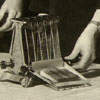 |
|
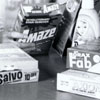 |
|
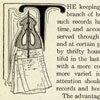 |
|
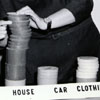 |
|
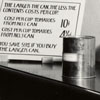 |
|
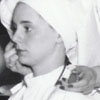 |
|
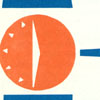 |
|
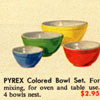 |
|
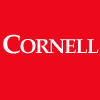
How Did Home Economists Influence
American Consumer Culture?
Cornell home economists guided the nation's transition into a modern consumer culture. By the late nineteenth century, American women had become consumers rather than producers of many household items, including food and clothing. As a result, home economists in the Progressive Era advocated for pure food and safety standards, and promoted the idea that women needed to be educated about purchasing decisions. Through events such as Farm and Home Week, they offered exhibits and lectures that informed the public about new developments in the consumer market. In Cornell laboratories and classrooms, faculty and students engaged in testing household equipment from ironing boards and mattresses to ovens and refrigerators.
Beginning in the l920s, home economists began to put their scientific training to use in the cause of business and industry. In this new role, they were presumed to represent the "woman's point of view," and as such, were increasingly involved in the design and marketing of new products. Home economists gave special attention to the structure, design, and outfitting of the American kitchen and as a result, they have been called "agents of modernity."
The College of Home Economics conducted scientific and systematic testing of consumer goods. Students and professors in the Department of Household Economics and Management evaluated products by considering such factors as quality, cost, durability, safety, and ease of use to determine the best products for consumers.
Select an image at left
or choose from the list below:
|
|||||||||
|
Copyright © 2001 Division
of Rare & Manuscript Collections For reference questions, send
mail to: rareref@cornell.edu
|
